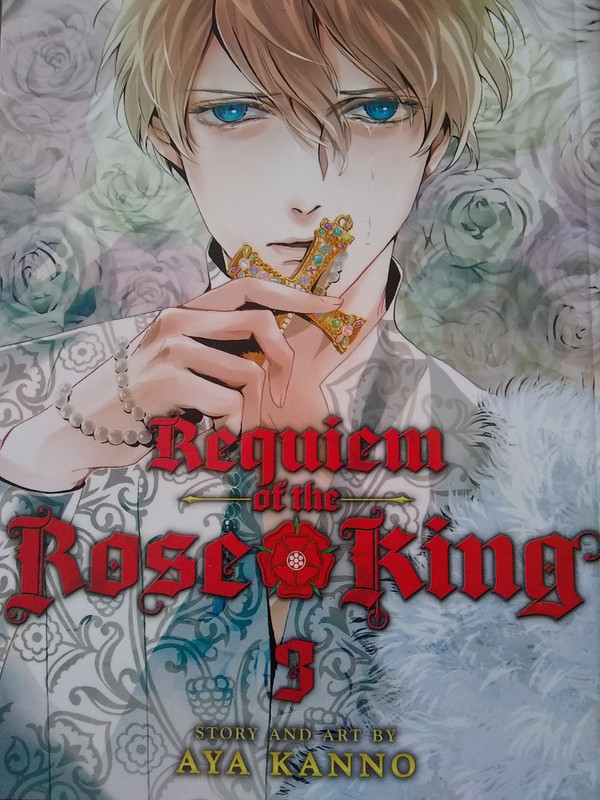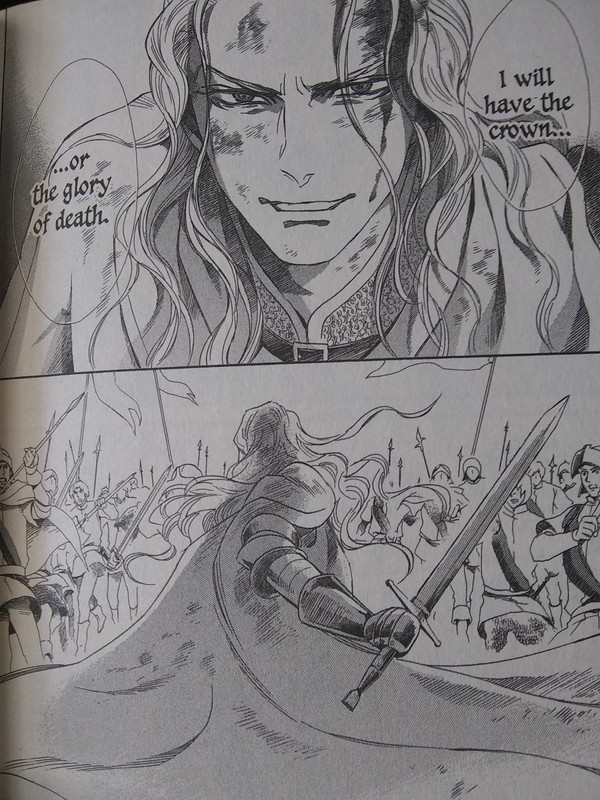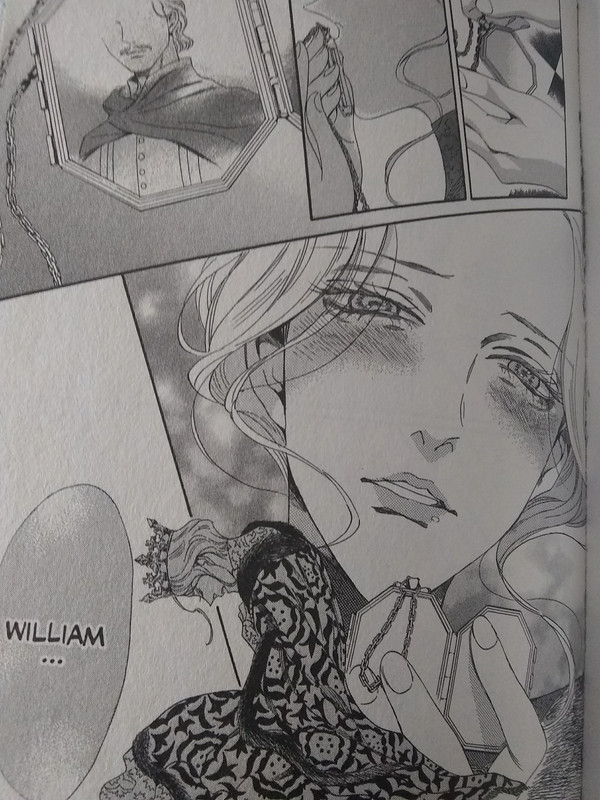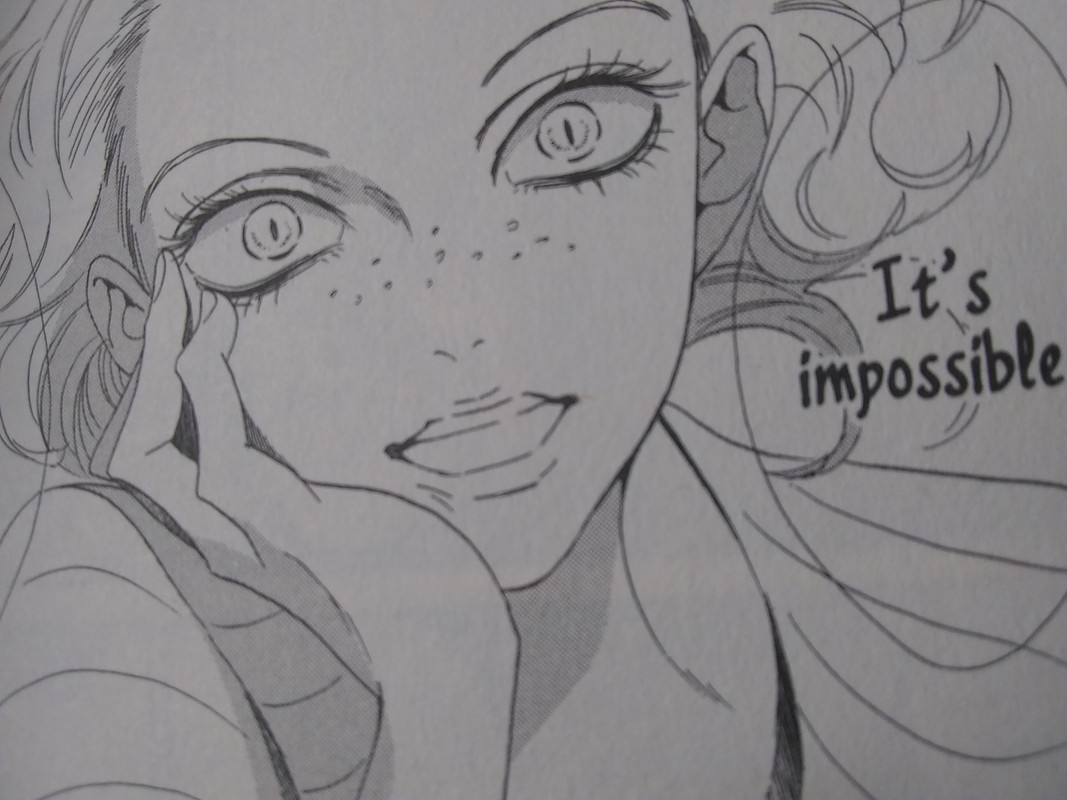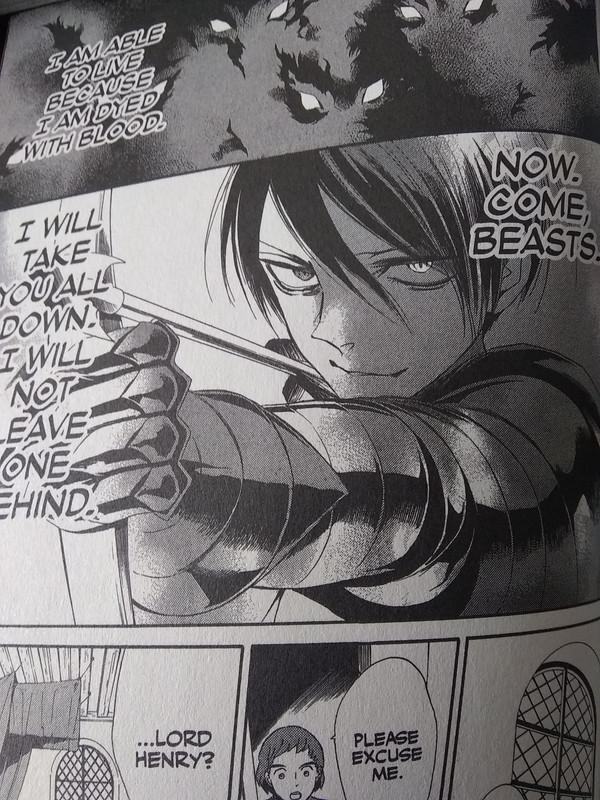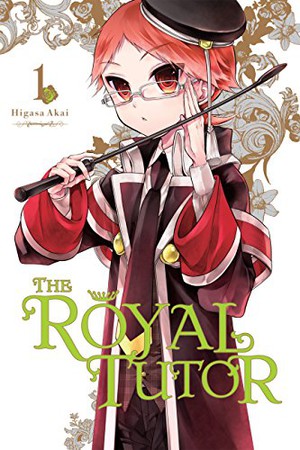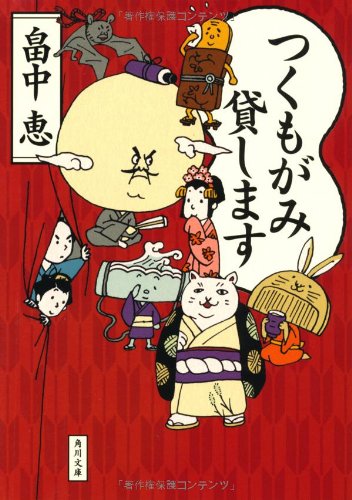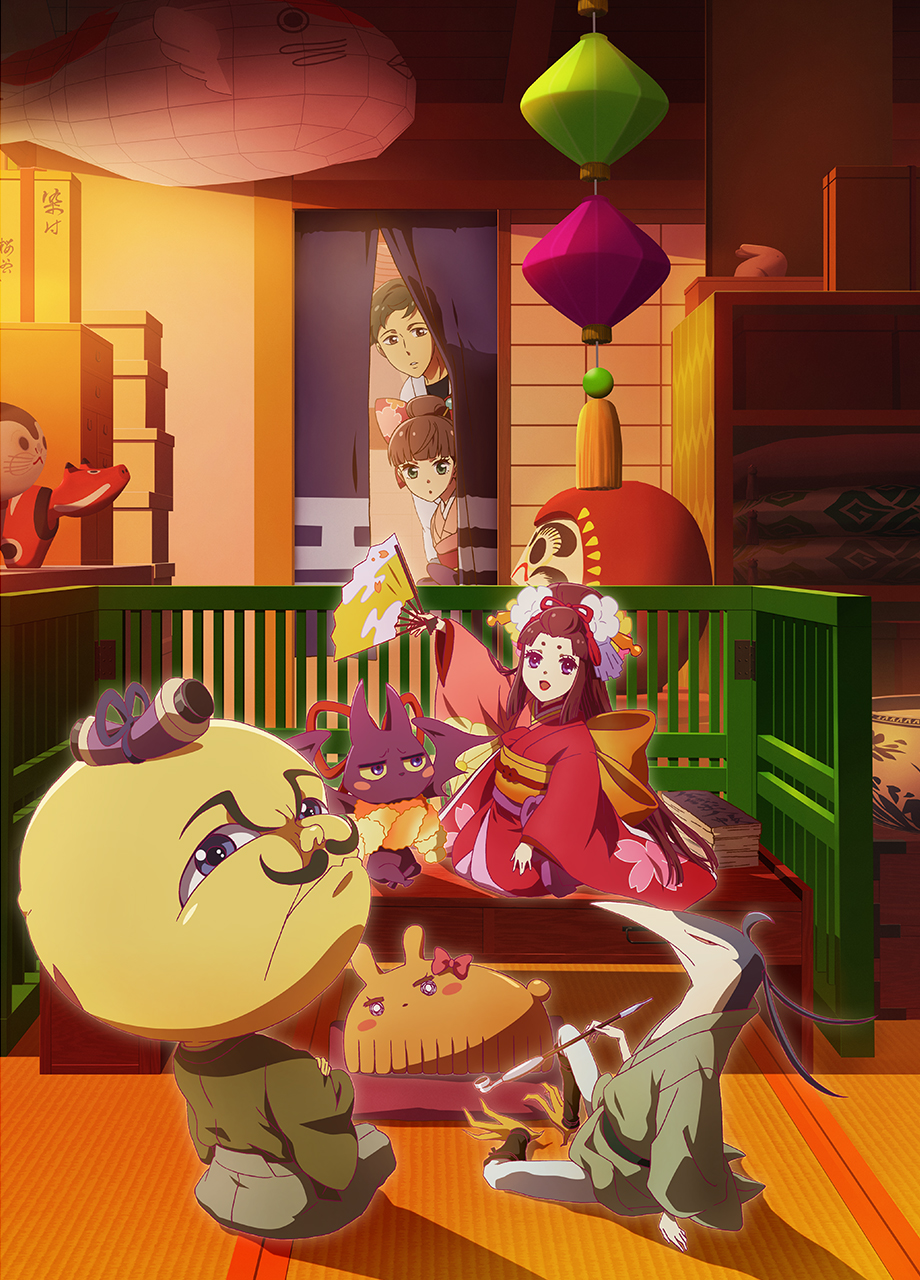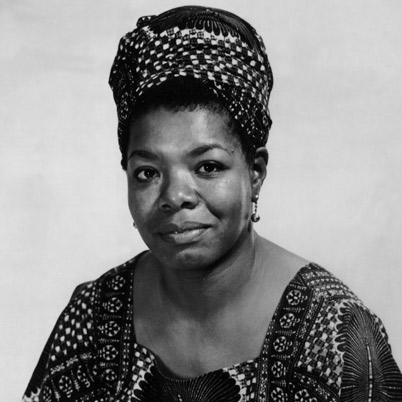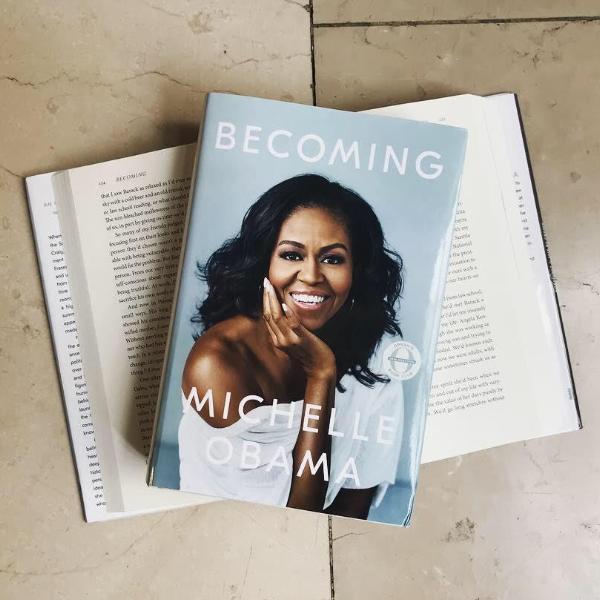- 23,187
- Posts
- 11
- Years
- Age 34
- Online now
As I've finished not one but two books just recently, I want to take some time to talk about both of them. One belonging to the "health" categoriy, the other being a short story written by Jules Verne.
The first one is a German book called "Die 7 Revolutionen der Medizin" (transl: the 7 revolutions of medicine). It's divided into seven chapters talking about some modern world health problem before providing some sort of wonder medicine supposedly fixing the issues. You know, I didn't quite decide to read this on my own. I have a relative who is heavily into this stuff and really likes not only reading those books (among others) but also constantly giving them to others so that they too read them and then give them back. That's how I ended up with it and I really wanted to get this over with.
Anyway, I'm not a medical expert so I want to keep this rather short. There are some things in this book that over time have been proven right, the others I can't tell. To be fair, the book does provide some references to some of the studies the guy talks about, which to be fair, I didn't bother doing some research in the matter. I know I didn't like some of the statistics provided, in particular those who had a very small amounts of test subjects and those more anecdotal "evidences". I also didn't like how at times it felt way more like an infomercial and from what I've gathered the stuff you're supposed to take costs quite a bit.
Well, I don't wanna rag on this book for too long because the next one is actually more interesting. The next one I'm going to talk is "From the Earth to the Moon" by Jules Verne.
In regards to stories written by Jules Verne there are two that I've already experienced. I've watched "In 80 days around the World" on TV a long time ago. "A Journey to the Center of the Earth" I've read last year. The former I've forgotten most of, but as I have it in book form I will pick it up in not too long. The latter on the other hand is an excellent book that I definitively recommend reading! I've been meaning to continue reading more of Jules Verne's stories so after finishing Moby Dick I decided to start with "From the Earth to the Moon".
Guns, Cannons, death and destruction. The US has been waging its war for independance for quite some time now. But alas! at last victory is attained, the US freed at last. No more need for guns or cannons, no more reasons to develop new weapons of destruction.
With these depressing thoughts in mind the members of the Gun Club of Baltimore now had to come to terms with the fact that their club might soon disband. However, in these trying times a wonder was about to happen.
A letter was sent to the members of the club. It was written by Barbicane, the president of the Gun Club, himself. He was organizing an assembly for he had an announcment in regards to the future of the club.
Barbicane's plans are revealed: to push the frontier of human society even further a cannon will be build. A cannon of obscene size that is meant to shoot a projectile to the moon. This is welcomed with great excitement and the plan to build it is set into motion, immediately.
But this will not be all, not by a long shot. Right after completion of the the massive columbiad a telegraph makes its way into Barbicane's hand.
"From the Earth to the Moon" is a rather short story. Its main focus revolves around the planning, logistics and building of the cannon and projectile as well as all the problems that come along with that. What materials to use? Where to set up the cannon? Where to get the financial support for all of this? Those and more questions are being tackled throughout the whole process.
All in all I enjoyed the story. I think in part this is also due to how the story ended. Without spoiling too much: the ending was kinda surprising but also kinda hilarious.
Though, while I did enjoy it, I don't think it gave me enough to make me want to reread it some later time.
As for my favorite it's most likely Stubb due to his rather philosophical though processes. Though, I should probably also mention that he also has some rather "outdated" viewpoints. But that's what you kinda expect from media from back in the day.
The first one is a German book called "Die 7 Revolutionen der Medizin" (transl: the 7 revolutions of medicine). It's divided into seven chapters talking about some modern world health problem before providing some sort of wonder medicine supposedly fixing the issues. You know, I didn't quite decide to read this on my own. I have a relative who is heavily into this stuff and really likes not only reading those books (among others) but also constantly giving them to others so that they too read them and then give them back. That's how I ended up with it and I really wanted to get this over with.
Anyway, I'm not a medical expert so I want to keep this rather short. There are some things in this book that over time have been proven right, the others I can't tell. To be fair, the book does provide some references to some of the studies the guy talks about, which to be fair, I didn't bother doing some research in the matter. I know I didn't like some of the statistics provided, in particular those who had a very small amounts of test subjects and those more anecdotal "evidences". I also didn't like how at times it felt way more like an infomercial and from what I've gathered the stuff you're supposed to take costs quite a bit.
Well, I don't wanna rag on this book for too long because the next one is actually more interesting. The next one I'm going to talk is "From the Earth to the Moon" by Jules Verne.
In regards to stories written by Jules Verne there are two that I've already experienced. I've watched "In 80 days around the World" on TV a long time ago. "A Journey to the Center of the Earth" I've read last year. The former I've forgotten most of, but as I have it in book form I will pick it up in not too long. The latter on the other hand is an excellent book that I definitively recommend reading! I've been meaning to continue reading more of Jules Verne's stories so after finishing Moby Dick I decided to start with "From the Earth to the Moon".
Guns, Cannons, death and destruction. The US has been waging its war for independance for quite some time now. But alas! at last victory is attained, the US freed at last. No more need for guns or cannons, no more reasons to develop new weapons of destruction.
With these depressing thoughts in mind the members of the Gun Club of Baltimore now had to come to terms with the fact that their club might soon disband. However, in these trying times a wonder was about to happen.
A letter was sent to the members of the club. It was written by Barbicane, the president of the Gun Club, himself. He was organizing an assembly for he had an announcment in regards to the future of the club.
Barbicane's plans are revealed: to push the frontier of human society even further a cannon will be build. A cannon of obscene size that is meant to shoot a projectile to the moon. This is welcomed with great excitement and the plan to build it is set into motion, immediately.
But this will not be all, not by a long shot. Right after completion of the the massive columbiad a telegraph makes its way into Barbicane's hand.
"From the Earth to the Moon" is a rather short story. Its main focus revolves around the planning, logistics and building of the cannon and projectile as well as all the problems that come along with that. What materials to use? Where to set up the cannon? Where to get the financial support for all of this? Those and more questions are being tackled throughout the whole process.
All in all I enjoyed the story. I think in part this is also due to how the story ended. Without spoiling too much: the ending was kinda surprising but also kinda hilarious.
Though, while I did enjoy it, I don't think it gave me enough to make me want to reread it some later time.
Sadly more precise describtions of characters backstories are rather thin. Queequeg is probably the character with the most of it. Other than that we get a little backstory for Ahab in the beginning and the end of the book, as well as a little for Starbuck at the end as well.Honestly, the way in which you've described the characters makes them seem quite interesting. I adore stories with a that have lively and interesting stories. Are any of the character's backstories heavily explored? If so, which character had the most intriguing past and who was your favourite character?
As for my favorite it's most likely Stubb due to his rather philosophical though processes. Though, I should probably also mention that he also has some rather "outdated" viewpoints. But that's what you kinda expect from media from back in the day.


